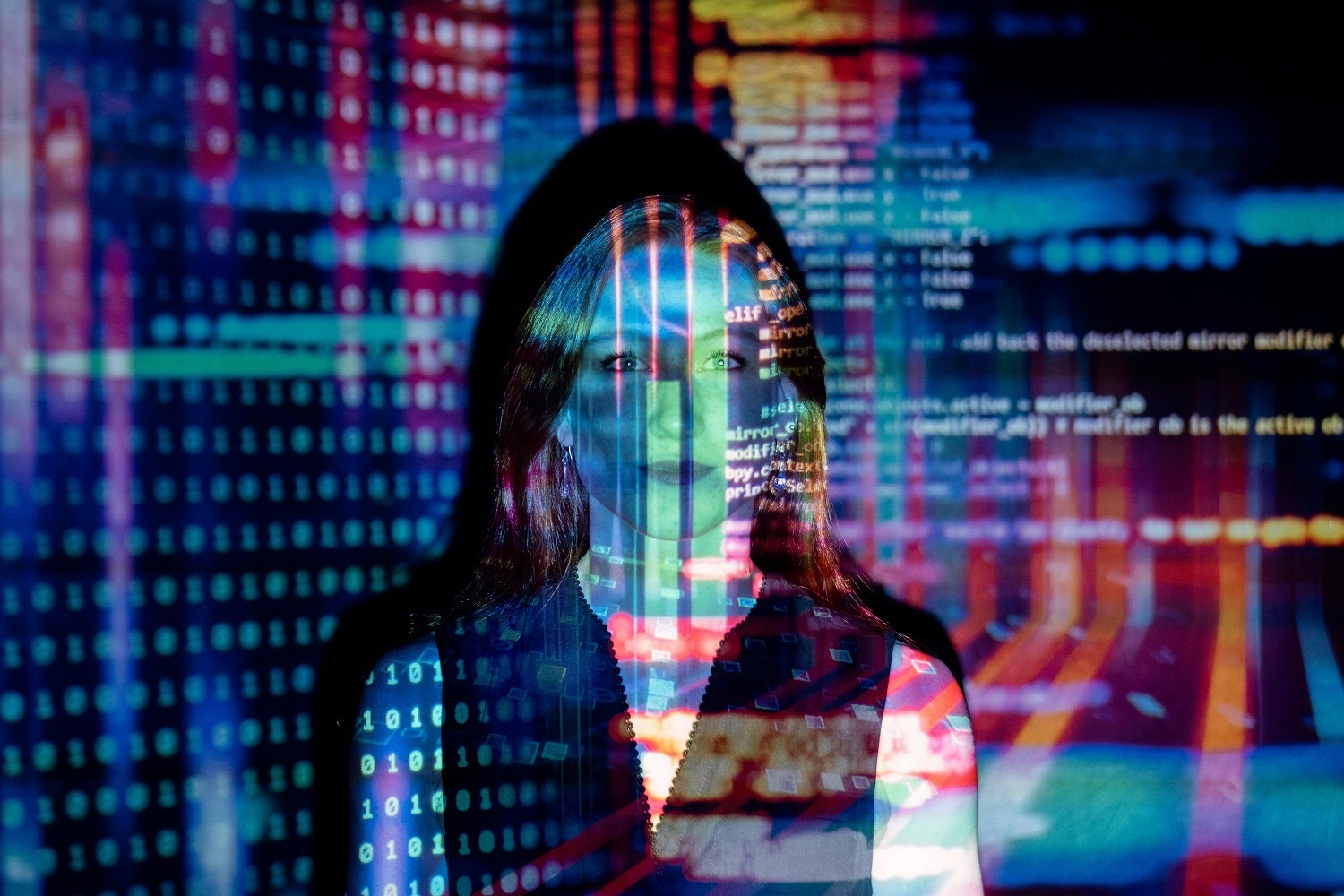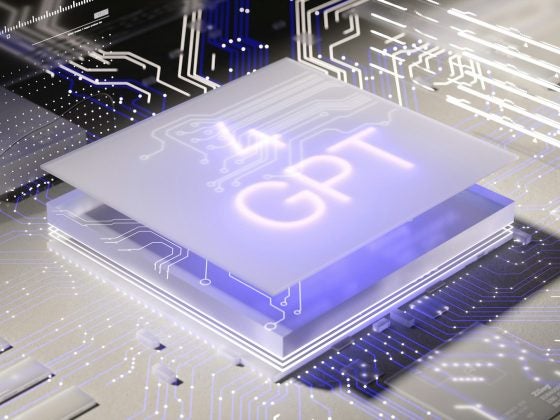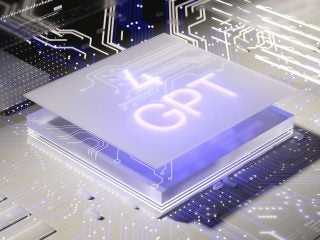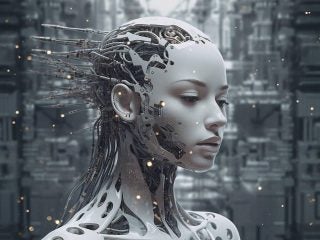More than Just a Tool; Artificial Intelligence is Building Connections with Users and it’s Upheaving People’s Social Lives
Artificial intelligence is perhaps the most robust digital tool invented in recent decades. It’s just what you need to streamline processes, increase efficiency, or automate repetitive tasks. But, as AI systems become more advanced, their role is shifting from purely functional to something more interactive and personal.
Today, AI can do much more for you than answer technical questions or organize schedules. It can hold authentic conversations, provide emotional support, and even simulate a deep, developing relationship.
To make this shift obvious, look at AI Girlfriend apps, where users engage with AI-driven companions for simulated romantic and emotional connections. Social applications like these might have once been a niche experiment, but now, people all over the world have begun to build relationships with simulated partners, interactive fictional characters, or even with the GPT they use for work.
As AI becomes more robustly conversational, people may find themselves feeling connected to it. They’re quickly realizing that a specialized AI can make an excellent conversational partner, mentor, coach, or even just a modest listener.
Rather than replacing human connection, AI offers something different: an always-available, endlessly patient, and uniquely adaptive presence. While some may be quick to dismiss AI relationships as artificial, this ignores the question that lies behind this phenomenon: what makes a relationship worthwhile in the first place? Does AI being artificial really disqualify it?
The Appeal of the Digital Companion
Since the technology first debuted, AI’s ability to interact with people in more nuanced and deeply conversational ways has greatly expanded. Many applications are now designed specifically to provide everything from lighthearted conversation to deep emotional support. While AI romantic partners are perhaps the most dramatic example, many people use AI in friendship-like roles, expecting little more than a familiar presence to talk to when needed.
Unlike time-consuming and sometimes confusing relationships with fellow humans, AI can offer a level of consistency and predictability that is comforting and convenient. It’s not that people are using AI companions because they believe them to be real, but rather because they respond in ways that feel familiar and reassuring.
Whether it’s an AI-powered chatbot helping someone through a stressful night or an interactive assistant offering a friendly greeting each morning, the appeal is perhaps less about replacing human relationships than about filling small gaps in long-for connections.
However, that isn’t the only gap an AI can fill in a person’s calendar. Many human connections have barriers to entry, be it scheduling, finances, or the energy needed to overcome social inertia. The very fact that AI is not human may make it most appealing in these cases, as it is more accessible and less risky.
Specialized AI platforms can help with career coaching, creative collaboration, self-improvement, or professional brainstorming. Many people have found that AI serves as an excellent sounding board for practicing social interactions, refining thoughts, and building confidence before high-stakes conversations. If mental wellness is a concern, AI apps can guide users through meditation, stress management, and emotional regulation, providing support when human therapists or mentors aren’t available.
One of AI’s most interesting functions for these situations is that it offers conversation without expectation. It listens without interruption, responds without bias, and allows people to process thoughts in an interactive yet pressure-free way.
The Constructive Ways that AI Relationships Can Build a User
Some people characterize AI relationships as either superficial distractions or symptoms of growing loneliness. However, this ignores the constructive ways people use AI to enhance their social and emotional well-being.
For many, AI provides a low-pressure space to practice social skills and communication. Those whose human interactions are inflected by social anxiety or other neurodivergent traits may find AI a helpful tool for working through conversations, testing responses, or simply gaining confidence in expressing themselves. AI can also act as a bridge to real-world connections, encouraging consistent communication habits or even facilitating introductions to human communities.
Some AI platforms are even designed to strengthen human relationships. Relationship coaching AIs help couples navigate conflict, AI-powered mental wellness tools encourage reflection and emotional articulation, and AI learning companions assist in developing new skills. Rather than replacing human interactions, these systems can act as supplementary tools that support personal growth and social engagement.
Forming Attachments with AI is as Natural as Human Connection
The tendency to bond with responsive technology is nothing new. Humans have long formed attachments to virtual pets, fictional characters, and even robotic assistants. The difference now is that AI adapts, remembers, and personalizes interactions, making these digital connections feel more dynamic than ever before.
AI can evolve with a user’s needs, creating a familiarity and continuity that is not exactly illusionary. Its ability to mirror human conversational patterns makes AI feel palpably present. While for some people, that presence will always feel inaccessibly artificial, for many others, it is more than enough to create a meaningful interaction.
This easy connection does, however, raise some questions. Genuine human relationships require challenge, compromise, and mutual effort—qualities that AI, by design, lacks. AI is predictable and affirming, but could too much reliance on AI companionship reinforce one-sided expectations of social interaction?
AI can simulate care, but it does not truly feel or understand like a human. This isn’t a problem for the kind of utility LLMs were originally built for, nor even for friendship and counseling AIs that people want to build relationships with. It does, however, mean that AI relationships should be understood for the support they can provide.
Does AI Have a Place in Human Connection?
AI’s role in human relationships is at its best when it can help people communicate, collaborate, and find support in ways that feel meaningful. It can manifest in many forms, be it as a mentor, community-builder, or companion that complements real-world relationships.
AI is not going to make human connection obsolete, but for those interested in making use of it, AI can help fill in some gaps or enable new connections. In this case, the impact is less about the technology itself than how thoughtfully it’s designed and used for human outcomes.














